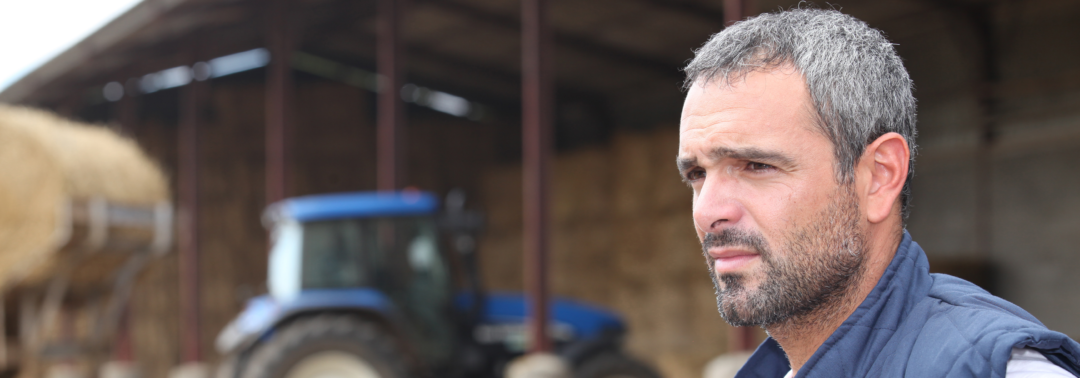If you look at a map of the areas hardest hit by opioids and meth, it’s immediately obvious that addiction is a problem that disproportionately affects rural areas. This may surprise many people, since addiction is a stereotypically urban problem. However, West Virginia, Ohio, Kentucky, and New England typically top the list of opioid deaths per 100,000. There are a number of reasons for this. One is that industries that employ a lot of people in those areas, such as mining, timbering, fishing, and construction are dangerous and injuries are often treated with painkillers. Those areas have also had a lot of economic setbacks in recent years, with many jobs being automated or shipped to other countries. High unemployment tends to correlate with high risk of substance use. Finally, living in a rural area can make recovery harder. Here’s why.
Fewer treatment resources
The biggest challenge by far for anyone in a rural area struggling with a substance use disorder is access to treatment. In rural areas, populations are decentralized and there are fewer treatment options overall. This leads to several problems. First, there may not be any treatment options in your area. It’s unrealistic to expect someone to drive three hours for regular counseling sessions or outpatient services, for example. Some people, such as older populations, aren’t that mobile to begin with.
Research also shows that the farther someone has to travel for treatment, the more likely he is to drop out. A motivated person may be willing to drive an hour each way every day for treatment but how long will he keep it up? These problems are multiplied with longer average travel times.
Finally, with fewer treatment options comes less variety. Addiction treatment isn’t one-size-fits-all. Everyone has different needs from treatment. Some people benefit from sex-specific or age-specific treatment. Some people do better with certain treatment methods rather than with others. Urban areas typically have many options, allowing clients to find a program that’s a good fit but this is much harder in rural areas.
Fewer opportunities for connection
Treatment is only one part of the recovery equation. You also need a good support system to keep you on track once you’re sober. For many people, this takes the form of a 12-step group, such as AA. There are more than 100,000 AA meetings worldwide, so it’s likely that most people live within driving distance to a meeting. However, every meeting has a different character, and people are not likely to continue going to meetings where they feel unwelcome or uncomfortable. Again, more options help.
There have been a number of proposed solutions to these problems. One is greater outreach by state programs, as in the hub-and-spoke system in Vermont. Another is telemedicine, which gives clients greater access to doctors who specialized in addiction medicine. An option that will work for many people is finding a good inpatient treatment program where they can live while participating in treatment. Tree House Recovery of Portland, Oregon is a holistic program that helps men with substance use disorders build a strong foundation for recovery. Call us today at (503) 850-2474 to learn more about how we can help.




